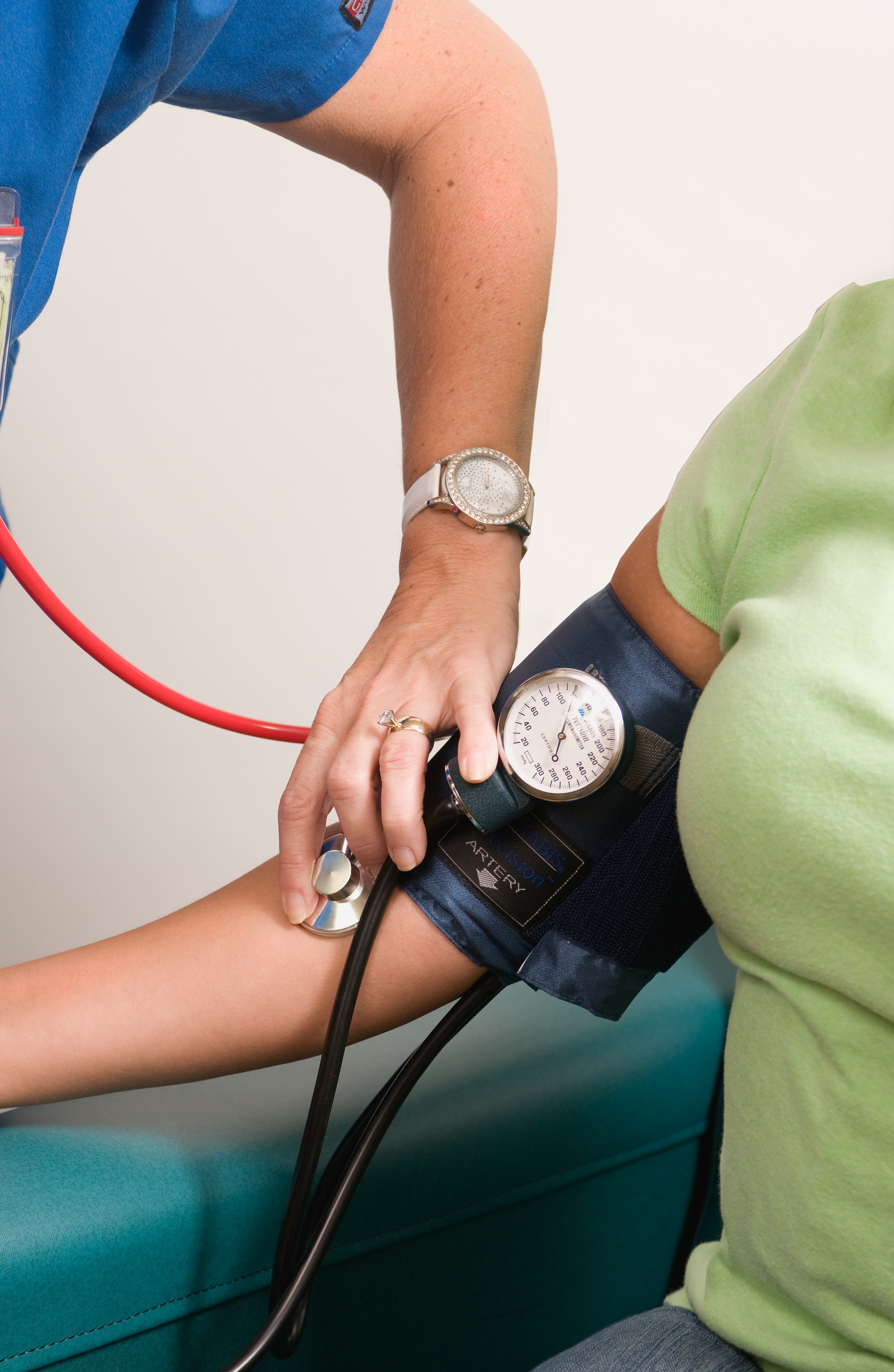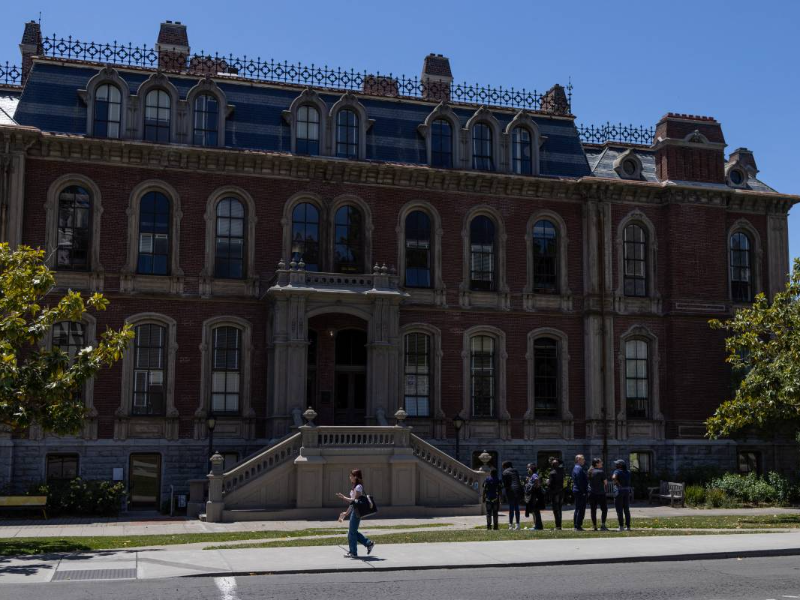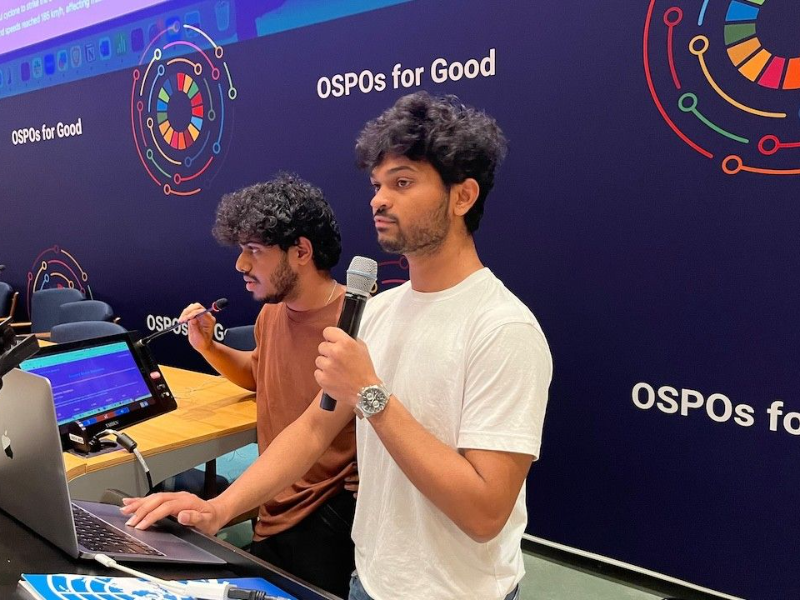Covid-19 triggers high blood pressure among patients with no prior history, study finds
The findings were made after studying medical records of 45,000 people infected with SARS-CoV-2
 Representative Image / Unsplash
Representative Image / Unsplash
Recent research published in Hypertension, a journal of the American Heart Association, found that SARS-CoV-2 infection can cause hypertension in people who have never had it before.
The study was based on an examination of more than 45,000 electronic medical records from the Montefiore Health System in the Bronx, New York, which serves a large ethnically and racially diverse population.
Patients with Covid-19 who were admitted to the hospital between March 1, 2020 and February 20, 2022 were included in the study, as were patients without Covid-19 who were admitted between January 2018 and February 20, 2022 and readmitted within six months for any reason.
The analysis found that 21 per cent of people hospitalized with Covid-19 and 11 per cent of those with Covid-19 who were quarantined at home developed high blood pressure, compared to 16 per cent of people hospitalized with influenza and 4 per cent of those who did not seek hospital treatment for influenza.
Furthermore, people who were hospitalized for Covid-19 were more than twice as likely, and those who were not hospitalized were 1.5 times more likely, to develop persistent hypertension compared to people who were hospitalized and non-hospitalized for influenza, respectively.
This is the first study to compare the development and risk factors for persistent high blood pressure in people infected with Covid-19 to those infected with influenza. “Given the sheer number of people affected by COVID-19 compared to influenza, these statistics are alarming and suggest that many more patients will likely develop high blood pressure in the future, which may present a major public health burden,” said senior study author Tim Q. Duong.
The authors noted that the people in the study primarily belonged to communities with low socioeconomic status, which may increase their susceptibility to developing high blood pressure after Covid-19 infection. Other contributing factors for high blood pressure in these patients could also be unhealthy diet, weight gain, reduced physical activity, etc.
“These findings should heighten awareness to screen at-risk patients for hypertension after COVID-19 illness to enable earlier identification and treatment for hypertension-related complications, such as cardiovascular and kidney disease,” Duong said.



 Yasmin Tinwala
Yasmin Tinwala














.jpg)

Comments
Start the conversation
Become a member of New India Abroad to start commenting.
Sign Up Now
Already have an account? Login